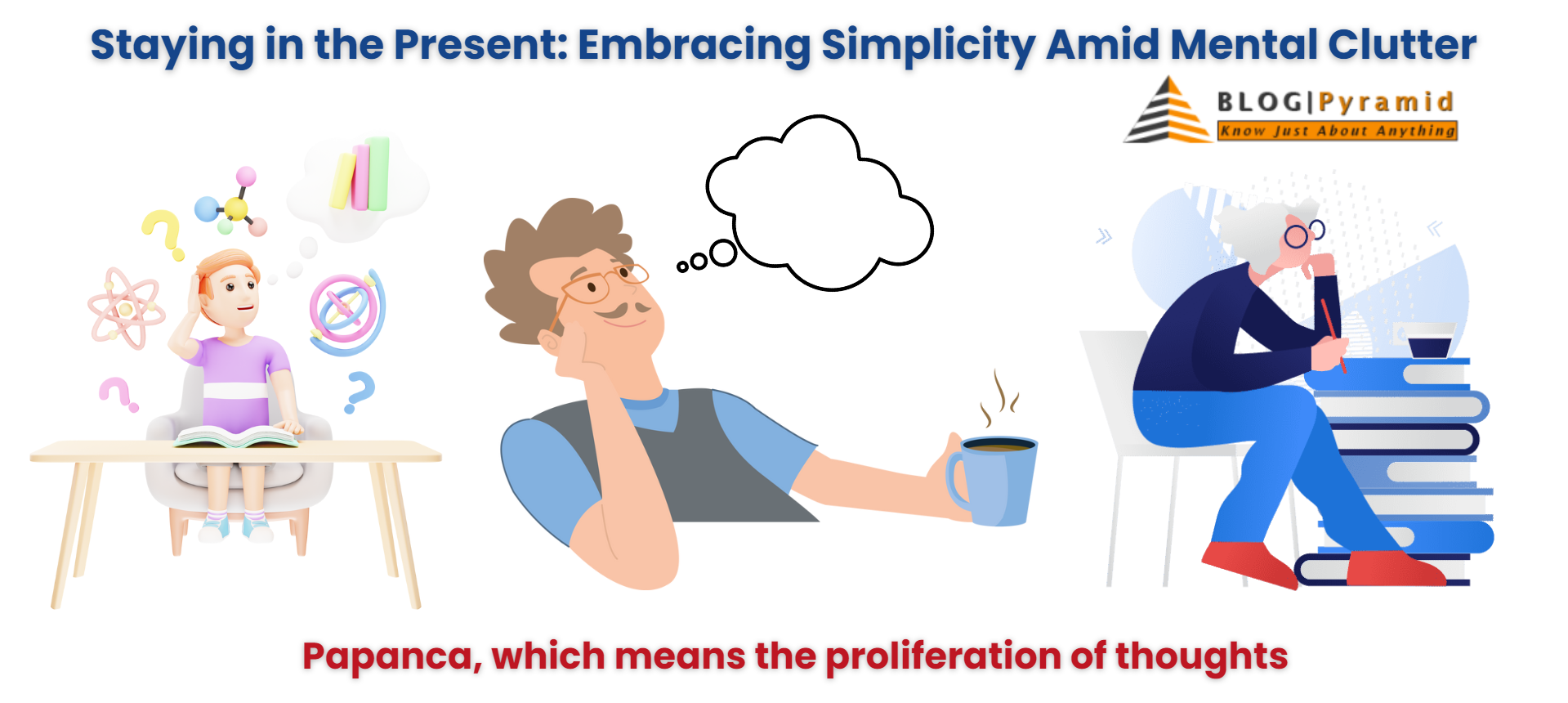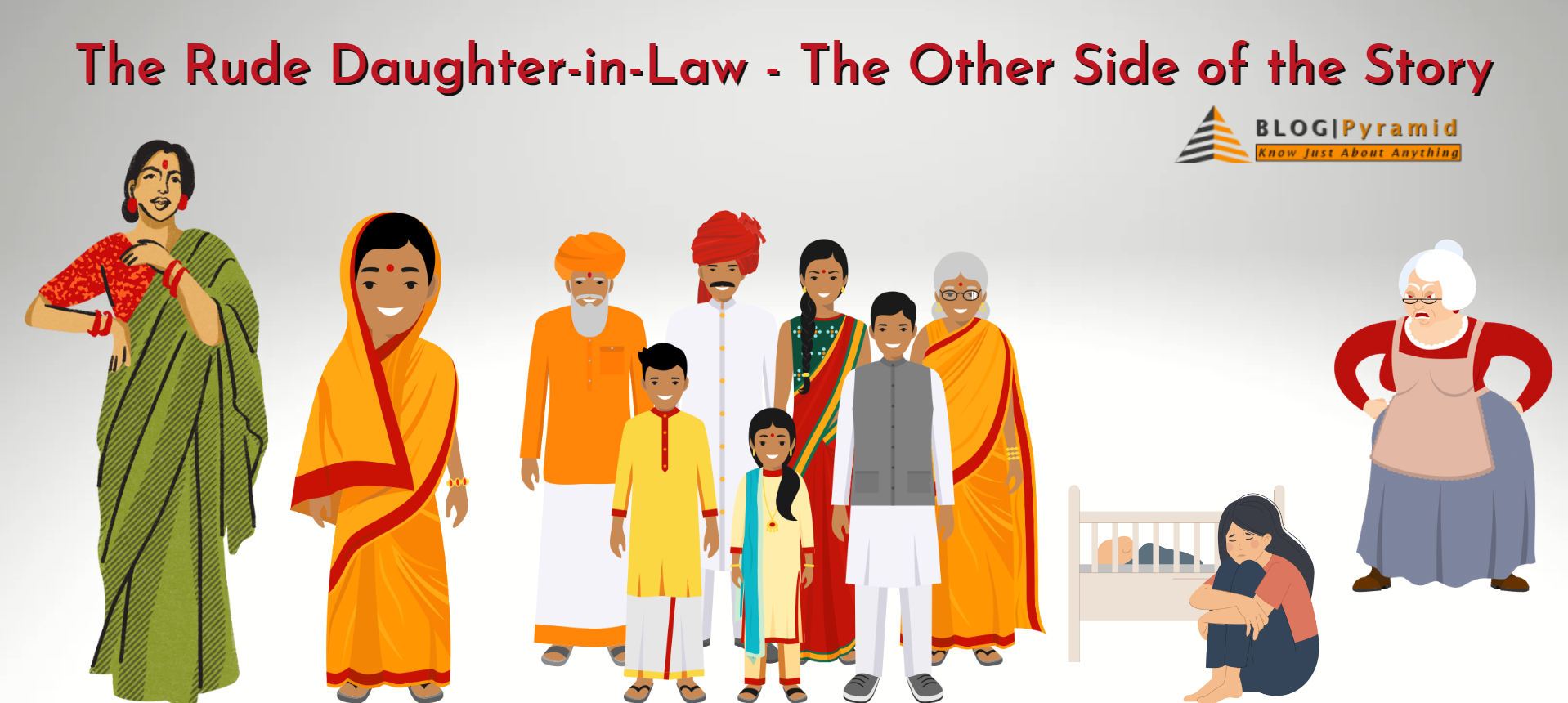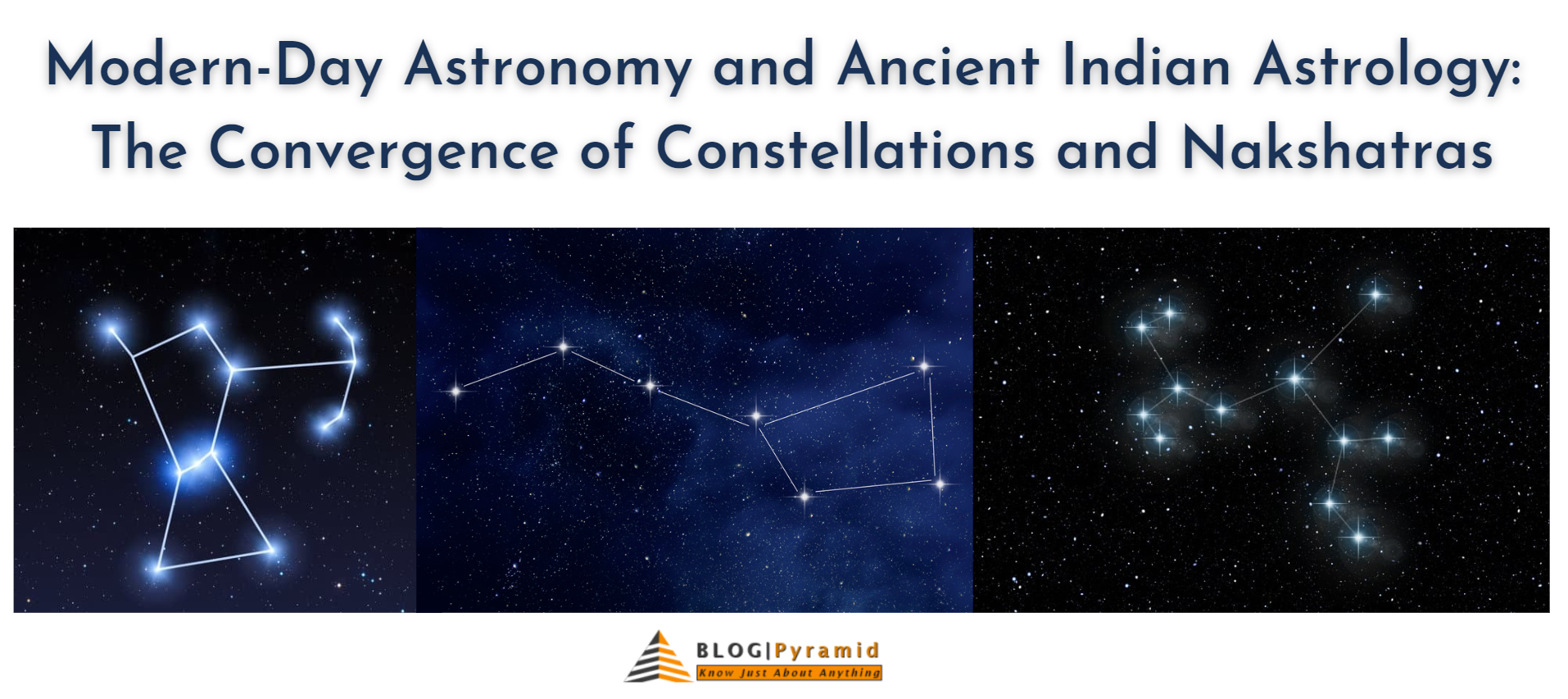
My Fair Lady (1964) was experienced director George Cukor’s film musical adaptation of George Bernard Shaw’s 1912 play Pygmalion that had played successfully on Broadway from March 15, 1956 to 1962. Shaw’s plot was derived from Latin poet Ovid’s story (in the Metamorphoses) about a character named Pygmalion who fell in love with a beautiful ivory statue of a woman. In later Greek tradition, his prayers to Venus that the beloved statue – Galatea – would come to life came true so that they could marry.
Warner Bros.’ musical romantic comedy was expensive-to-produce (at $17 million) – their most expensive film to date, partially due to the fact that the studio had to pay $5.5 million for film rights to the popular Broadway hit. It turned out to be one of the top five most successful films in 1964 – a combination of clever lyrics and singable tunes, with a great lead and supporting cast, and lavishly-designed theatrical sets and costumes. Alan Jay Lerner, who was responsible for the screenplay, co-wrote the music and lyrics with Frederick (Fritz) Loewe. Producer Jack Warner’s will prevailed and the Cockney flower vendor character played by little-known Julie Andrews on Broadway was replaced by well-known, non-singing ‘Cinderella’ actress Audrey Hepburn (whose voice was dubbed by Marnie Nixon although Hepburn sang her own tracks) – to guarantee greater box-office business.
Scene from the film……
And Higgins optimistically predicts that she will become an attractive lady to the men in town: “By george, Eliza, the streets will be strewn with the bodies of men shooting themselves for your sake before I’ve done with you.” When she resists his cold insults and stomps out, he tempts her back with chocolates: “Think of it, Eliza. Think of chocolates, and taxis, and gold, and diamonds!” And then to answer Pickering’s questions about the six month “experiment in teaching” while she is in his hands, Higgins describes what will happen – tongue in cheek:
Eliza, you are to stay here for the next six months learning how to speak beautifully, like a lady in a florist shop. If you’re good and do whatever you’re told, you shall sleep in a proper bedroom, have lots to eat, and money to buy chocolates and take rides in taxis. But if you are naughty and idle, you shall sleep in the back kitchen amongst the black beetles, and be walloped by Mrs. Pearce with a broomstick. At the end of six months, you shall be taken to Buckingham Palace in a carriage, beautifully dressed. If the King finds out that you’re not a lady, the police will take you to the Tower of London, where your head will be cut off as a warning to other presumptuous flower girls. But if you are not found out, you shall have a present of, uh, seven-and-six to start life with a lady in a shop. If you refuse this offer, you will be the most ungrateful, wicked girl, and the angels will weep for you. Now, are you satisfied, Pickering?
Source: http://www.filmsite.org







